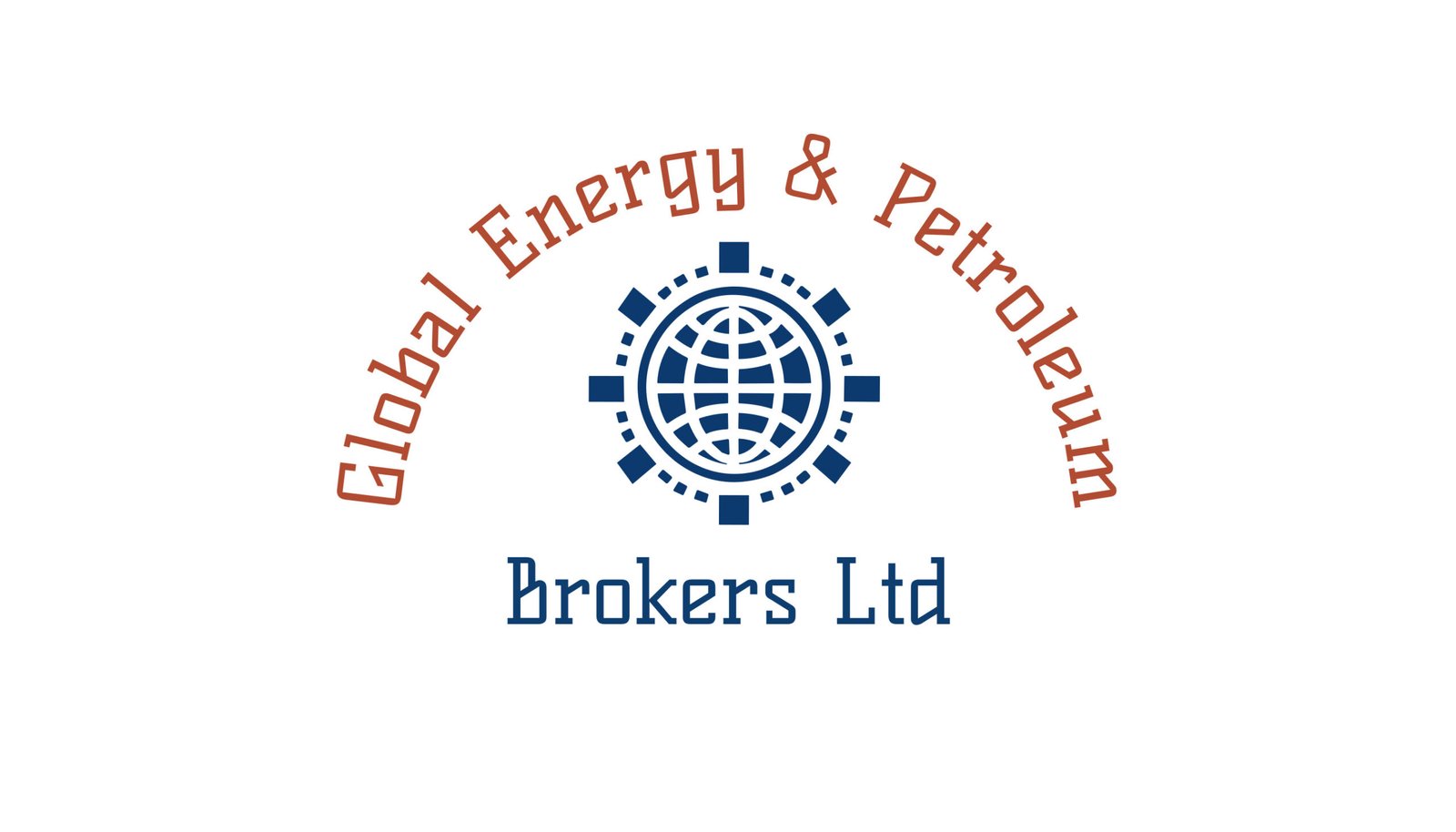Author: Francis Sheku Fobbie, CEO, Global Energy and Petroleum Brokers Limited
fsfobbie@gepbrokers.com
OPEC’s decisions are not just about barrels and dollars on a global scale. They directly impact your refinery’s intake, your output, and ultimately, the money you make.
Introductions
Refinery owners, sales directors, and decision-makers, understanding OPEC isn’t an academic exercise. It’s about your profit margins, your competitive edge, and ultimately, your refinery’s survival. Forget the complex geopolitical jargon; let’s talk about what OPEC’s moves mean for your business, directly and indirectly.
OPEC, and increasingly OPEC+, makes decisions on crude oil production. That’s a simple fact. But the ripple effect of those decisions directly hits your refinery’s bottom line in ways you might not immediately connect.
Sudden shifts make it harder to plan purchasing, manage inventory, and hedge your risks. Unexpected price spikes can leave you with expensive crude in your tanks, while product prices haven’t caught up.

Crude Quality and Your Refinery’s Operations: OPEC decisions often favour certain types of crude. For example, if they decide to cut production, the cuts might fall heavier on specific grades. This impacts the global availability and pricing of those grades.
Does your refinery process light sweet crude? Or are you set up for heavier, sourer crudes? If OPEC’s actions reduce the supply of your preferred feedstock, you face a choice. You either pay a premium for what’s available, or you adjust your refinery’s operations to process different, potentially less efficient, crude types. Both options cost you money. It can mean lower yields of valuable products or higher operational costs due to more complex processing.
Product Spreads and Market Dynamics:
When crude prices change, product prices (gasoline, diesel, jet fuel) don’t always move in lockstep. This difference, known as the crack spread, is crucial for your profitability.
OPEC’s influence on crude prices can widen or narrow these spreads. For instance, if crude prices surge due to an OPEC cut, but demand for refined products lags, your crack spreads could tighten. This means less profit per barrel refined.
Conversely, if an OPEC decision leads to lower crude prices, but product demand remains strong, crack spreads might widen, boosting your margins. It’s a dynamic interplay, and OPEC is a major player in setting one side of that equation.
Investment Decisions and Long-Term Strategy:
Beyond the daily operations, OPEC’s long-term signals matter for your strategic planning. Are they consistently aiming for higher prices? Are they struggling to maintain discipline? These signals influence global demand forecasts and investor confidence in the oil sector. If you’re considering investing in upgrading your refinery or expanding capacity, OPEC’s likely future behaviour is a significant variable. Will the crude be available at a reasonable price to justify your investment? Will market conditions support your new product slate? OPEC’s stance on future supply directly impacts these calculations.

Geopolitical Implications
OPEC decisions don’t happen in a vacuum. They are often influenced by and, in turn, influence global economic health, geopolitical events, and even the pace of the energy transition. A strong global economy typically leads to higher demand for oil, giving OPEC more leverage to maintain or even increase prices. Geopolitical instability in key producing regions can also disrupt supply and send prices soaring, regardless of OPEC’s stated policy.
Ignoring these interconnected factors is a strategic blunder. Your procurement teams need to closely monitor OPEC announcements and the underlying reasons behind them. Your sales teams need to understand how these shifts will impact product pricing and demand in your specific markets. Having robust forecasting models that incorporate OPEC policy changes into your supply and demand projections is no longer a luxury – it’s a necessity for staying competitive and profitable.
What Does This Mean for You?
Higher crude oil prices mean increased feedstock costs for your refinery. This eats directly into your profit margins unless you can effectively pass those costs on to your customers through higher prices for refined products like gasoline, diesel, and jet fuel. But this isn’t always straightforward. Market demand, competition, and regional economic conditions all play a role in your ability to adjust your sales prices. You can’t control OPEC. But you can control how you react.
- Stay informed: Don’t just read the headlines. Understand why OPEC made a decision and the likely market mechanics that will follow.
- Flexibility is key: Can your refinery process a wider range of crude types? The more adaptable your operations, the less vulnerable you are to shifts in specific crude availability and pricing.

Hedge wisely: Use financial instruments to manage your exposure to crude price volatility. This isn’t about speculating; it’s about protecting your margins.Watch the spreads: Pay close attention to crack spreads and how they react to crude price movements. Your sales strategy should reflect these real-time economics.
Conclusion
OPEC’s decisions are not abstract political manoeuvres. They are economic levers that directly influence the cost of your primary input and the potential revenue from your outputs. By proactively understanding these policies and their likely impacts, you can make informed decisions about procurement, production levels, inventory management, and sales strategies, ultimately safeguarding and potentially enhancing your refinery’s bottom line.
OPEC’s decisions are not just about barrels and dollars on a global scale. They directly impact your refinery’s intake, your output, and ultimately, the money you make. Ignoring their influence is like steering a ship without watching the tides. And in this industry, ignoring the tide can leave you stranded.
Author: Francis Sheku Fobbie, CEO, Global Energy and Petroleum Brokers Limited
www.gepbrokers.com
fsfobbie@gepbrokers.com

